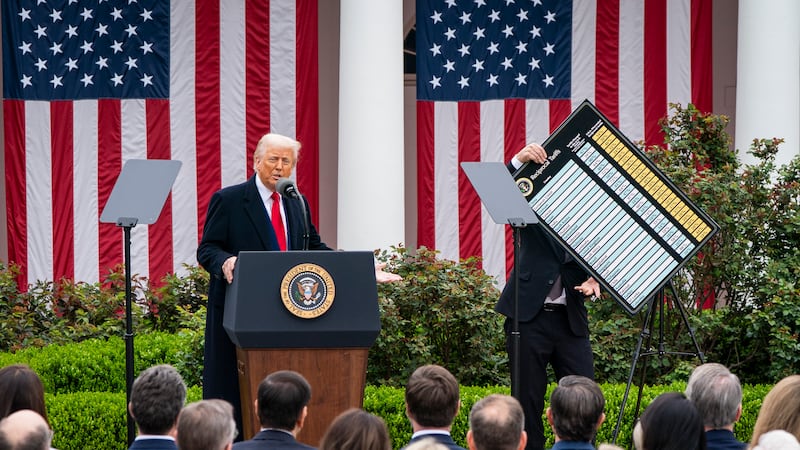Moody’s, the ratings agency, has adopted a low-key response to the outcome of the election, saying the inconclusive result was unlikely to prompt any material change in Irish fiscal policy. The credit rating agency also argued that “not much” will change for domestic banks under the next government.
Kathrin Muehlbronner, lead analyst for Ireland at Moody’s, expects a period of uncertainty, possibly for several weeks, before a government is formed.
The market response to political stalemate has been subdued, in spite of concern about its potential to push borrowing costs higher. The interest rate on Irish 10-year bonds remained below 0.9 per cent on Tuesday, close to a record low.
In a report on the election, Ms Muehlbronner noted that Fine Gael and Fianna Fáil had made it clear that any expansionary fiscal measures would depend on economic growth and safeguarding the public finances.
“From this perspective, we do not expect a radical shift in policy direction that could jeopardize the course of fiscal consolidation.”
Ms Muehlbronner’s assessments are crucial as Moody’s, unlike rival agencies, does not assign an A-grade on Irish debt.
“Regardless of the future composition of the government, the key determinant for Ireland’s rating prospects is the future course of fiscal policy.”
The report said a FG/FF coalition would provide a strong majority government and “might well” be the final outcome.
“However, such a ‘grand coalition’ would be the first in Ireland’s history and therefore is likely to become relevant only if negotiations over other constellations fail,” she said.
“Alternatively, a minority Fine Gael/Labour government, that relies on other parties’ case- by-case support, including potentially from Fianna Fáil on economic matters, remains a possibility. Early elections are a risk but would probably not result in materially different results.”
Improving public finances and falling government debt ratio were a key driver of the “positive” outlook on Moody’s rating.
While noting that FG and FF each implied they aimed to continue using any “fiscal space” that might be available, Moody’s was reassured that any new spending or tax plans were conditioned on growth and orderly public finances.
On banking policy, Moody’s said moves to impose control on mortgage interest rates were “unlikely”.
It added, however, that any such move “would be credit negative” if it occurred.
“Following mounting pressure from public opinion but also benefitting from much lower cost of funding, over the past year, banks have been reducing the margins applied to their standard variable mortgages,” Ms Muehlbronner said.
















